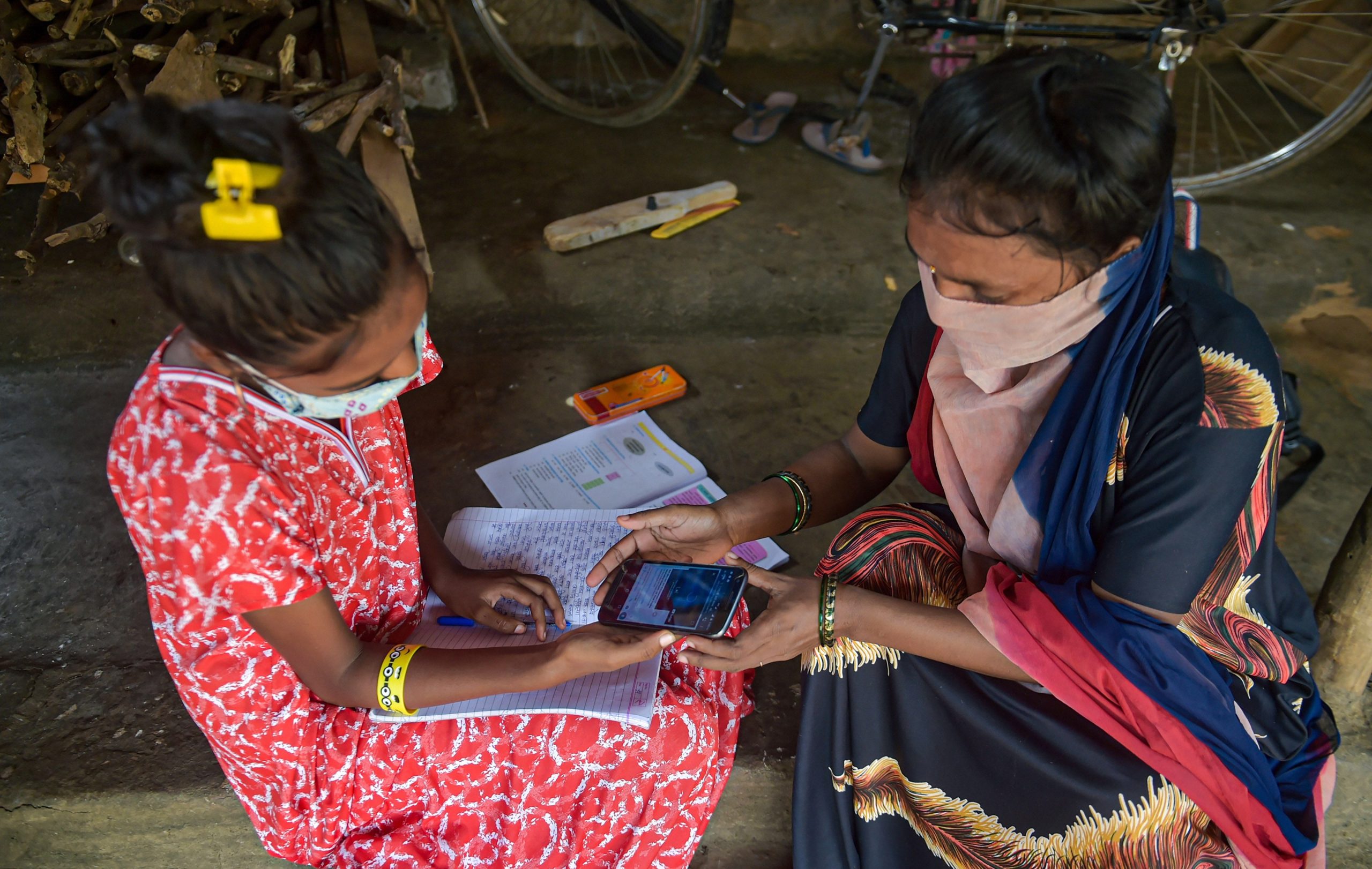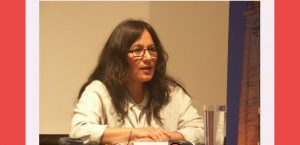With an aim to helping children learn concepts easily, the Union Cabinet, in its New
Education Policy cleared on Wednesday, focused on the use of the mother tongue as the medium of
instruction. The policy said it will stick to the ‘three language
formula’ but will not impose any language on anyone.
The National Educational Policy 2020 states that since children learn and
grasp concepts quickly in their basic spoken language, which is often the mother tongue, it
should preferably be the medium of instruction.
“All public and private schools will follow the new formula. Wherever possible, the medium of instruction until at
least Grade 5, but preferably till Grade 8 and beyond, will be the home
language, mother tongue, local language or the regional language,” the policy
states.
According to the policy, high-quality textbooks,
including science, can be made available in home languages and mother tongue. “Teachers will be encouraged to use a bilingual approach, including bilingual teaching-learning
materials, with those students whose home language may be different from the
mother tongue.”
“The three-language formula will continue to be
implemented while keeping in mind the Constitutional provisions, aspirations of
the people, regions, and the Union, and the need to promote multilingualism as
well as promote national unity. However, there will be a greater flexibility in
the three-language formula, and no language will be imposed on any State. The
three languages learned by children will be the choices of States, regions, and
of course the students themselves, so long as at least two of the three
languages are native to India,” the policy states.







